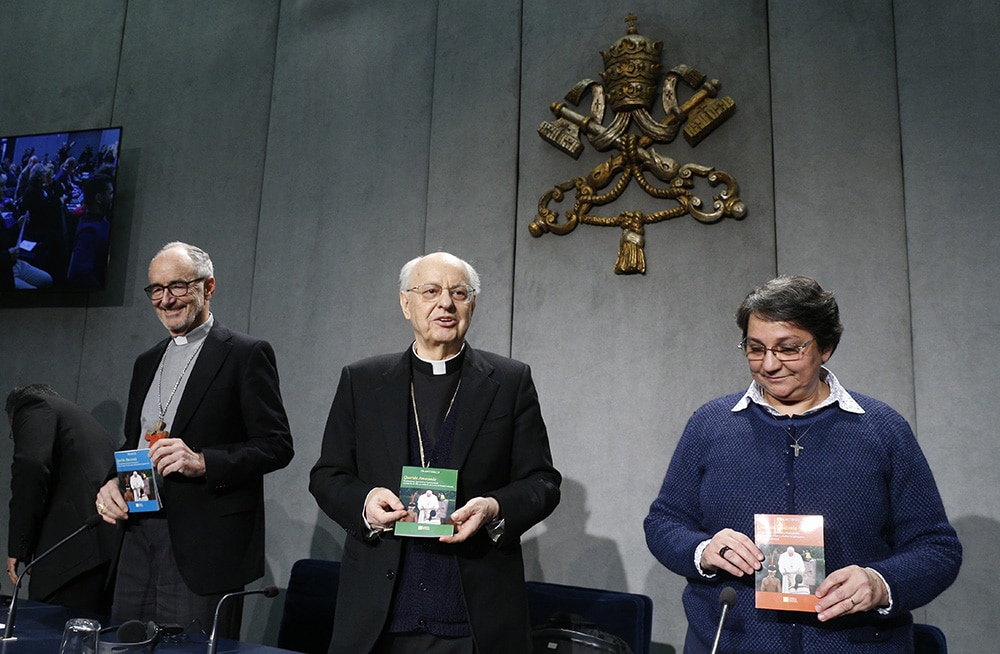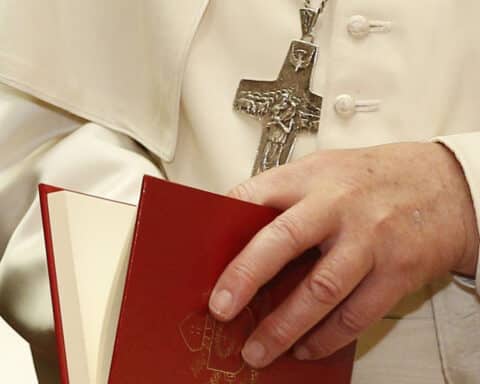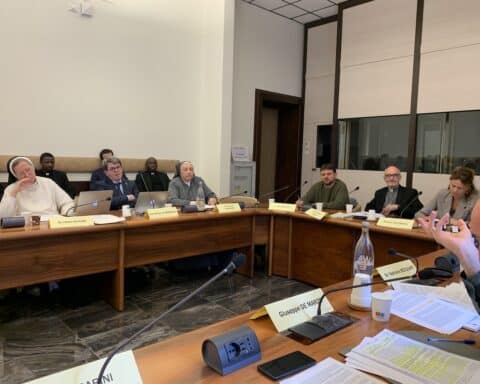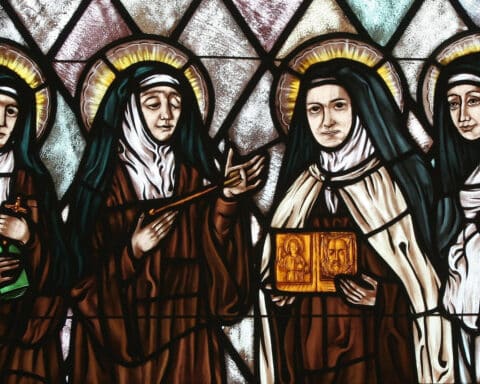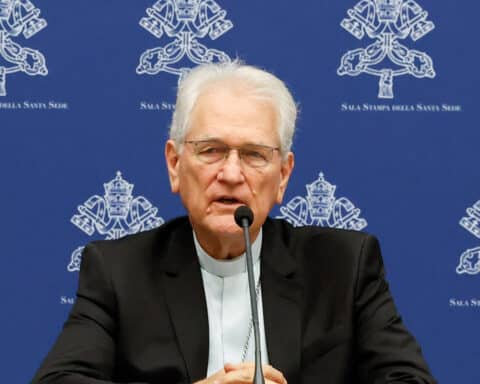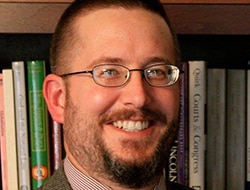
Both those who supported a revision of the Church’s discipline on priestly celibacy and those who were opposed to it seemed to agree that the only question remaining was whether Pope Francis would suggest an exception to the ban on ordaining married men limited to the Amazon region, or whether he would open the door to much broader exceptions (or even a complete rethinking of the discipline) worldwide.
In the end, everyone got it wrong. Querida Amazonia has much to say on the importance of the Eucharist as the “source and summit of the entire Christian life,” and the necessity of priests for the celebration of both the Eucharist and the Sacrament of Reconciliation (because, as Pope Francis writes, “sacramental forgiveness is at the service of a worthy celebration of the Eucharist”). For 2,000 years, Catholic ecclesiology and sacramental theology have been clear: “These two sacraments lie at the heart of the priest’s exclusive identity.”
The reception of these sacraments also lies at the heart of our life as Catholics, and the Catholics of the Amazon basin, like other Catholics in remote regions with few priests, have limited opportunities to confess their sins and receive the body and blood of Our Lord. But the answer that Pope Francis provides to the lack of opportunities to receive these sacraments is not the multiplication of priests through a relaxation of the discipline of priestly celibacy, but efforts to increase priestly vocations and a more generous missionary spirit, combined with more extensive lay ministry to build up the communal life of the Church in the Amazon, which should lead in the long run to more homegrown vocations.
So how could so many people who were so certain be so wrong?
One of the first (perhaps the first) to state publicly that he believed that the apostolic exhortation would include a recommendation to ordain indigenous married deacons to the priesthood was Roberto de Mattei, a respected Italian Catholic historian and traditionalist who has been quite critical of many of the actions that Pope Francis has taken. I know Mattei well, having published him years ago in Chronicles: A Magazine of American Culture, hosted him here in the United States and been his guest in Rome. I am certain that he is telling the truth when he says that he saw an early draft of the exhortation that included a recommendation to ease the discipline of priestly celibacy. And in the weeks after Mattei made his claim, others said that they, too, had seen that draft and confirmed its contents.
But what neither Mattei nor any of the later writers addressed is how or why such a draft came to be leaked in the first place. That the draft diverges so significantly from the final document reminds me of the certainty, in the runup to the release of Humanae Vitae in 1968, among both Catholics and the secular press that Pope St. Paul VI would change the Church’s stand on the use of artificial contraception.
Of course, the ban on the use of artificial contraception is firmly rooted in doctrine, while priestly celibacy in the Roman rite is a longstanding discipline that has, for pastoral reasons, been relaxed in particular cases by both Pope St. John Paul II and Pope Benedict XVI. But the point remains: When leaks suggesting changes in doctrine or longstanding discipline are coming, Catholics should take them with many grains of salt and ask themselves, Cui bono?
And then they should wait with patience and charity for the final document and read it with the mind of the Church, and not with minds conditioned to view matters spiritual in political terms.
Scott P. Richert is publisher for OSV.

